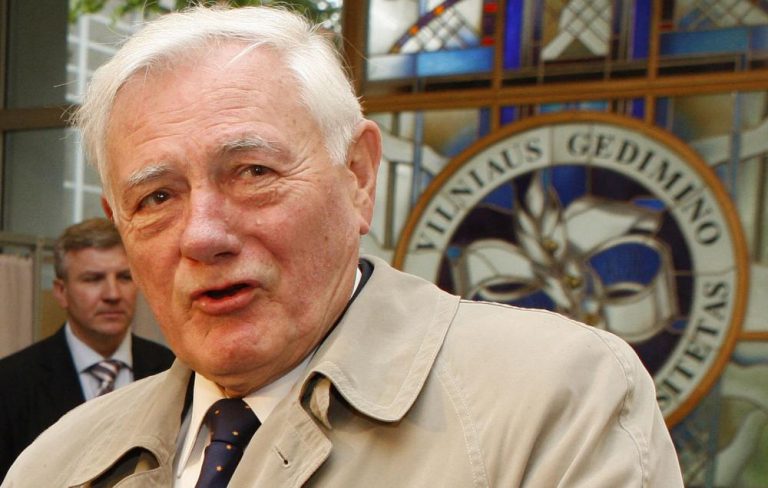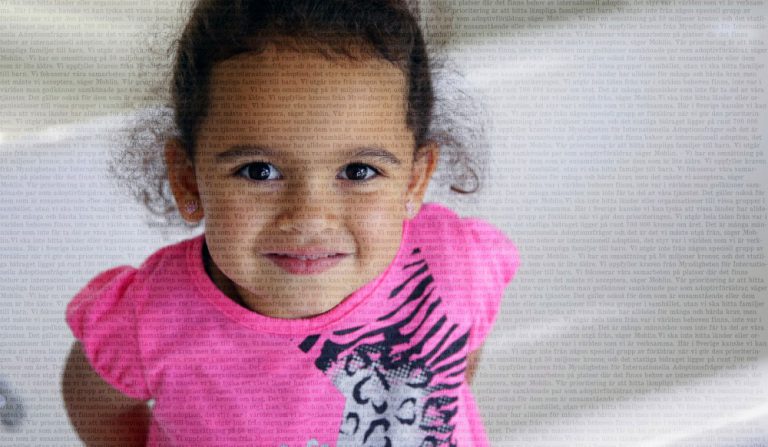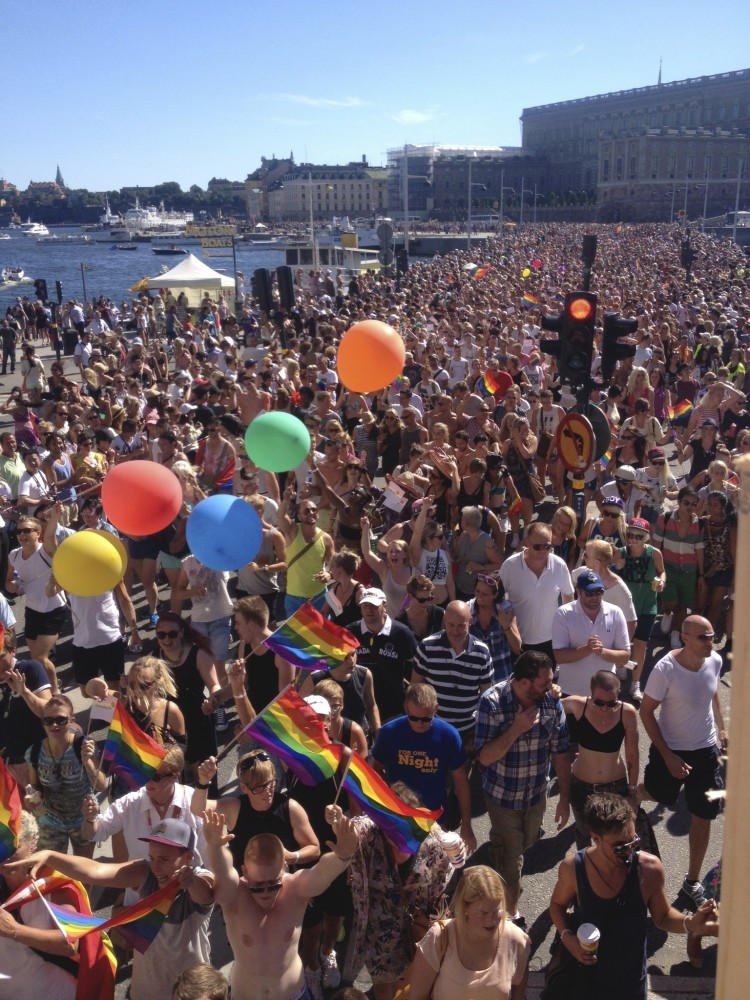The measure applies to schools and to any information that can be viewed by a minor — seemingly threatening Lithuanian gay Web sites and access to foreign gay Web sites, among other information.
The vote was 67-3 with four abstentions. Sixty-seven MPs did not vote.
Amnesty International said the ”Law on the Protection of Minors Against the Detrimental Effect of Public Information” classifies ”homosexuality alongside issues such as … the display of a dead or cruelly mutilated body of a person, and information that arouses fear or horror, or encourages self-mutilation or suicide.”
Nicola Duckworth, Amnesty’s Europe and Central Asia program director, said the measure ”denies the right to freedom of expression and deprives students’ access to the support and protection they may need.”
The European Region of the International Lesbian, Gay, Bisexual, Trans and Intersex Association (aka ILGA-Europe) said the law ”seriously undermines the right to education and can have detrimental effects to young people who are lesbian, gay or bisexual as they are now officially banned from receiving any information and support.”
”We call on the European institutions to react firmly and without delay,” said ILGA-Europe Co-Chair Martin K.I. Christensen. ”This is clearly a discriminatory and dangerous move which is against the principles of the European Union, the Council of Europe and the United Nations. … A member state of the European Union just legitimized exclusion and discrimination against a whole fraction of the society by instituting a second-class citizenship status to young LGB people and ripped them off of any support and protection.”
If signed into law by outgoing President Valdas Adamkus, the measure likely would end up before the European Court of Human Rights, where it probably would be found to violate the European Convention on Human Rights.
Uppdaterad 2016-11-15






